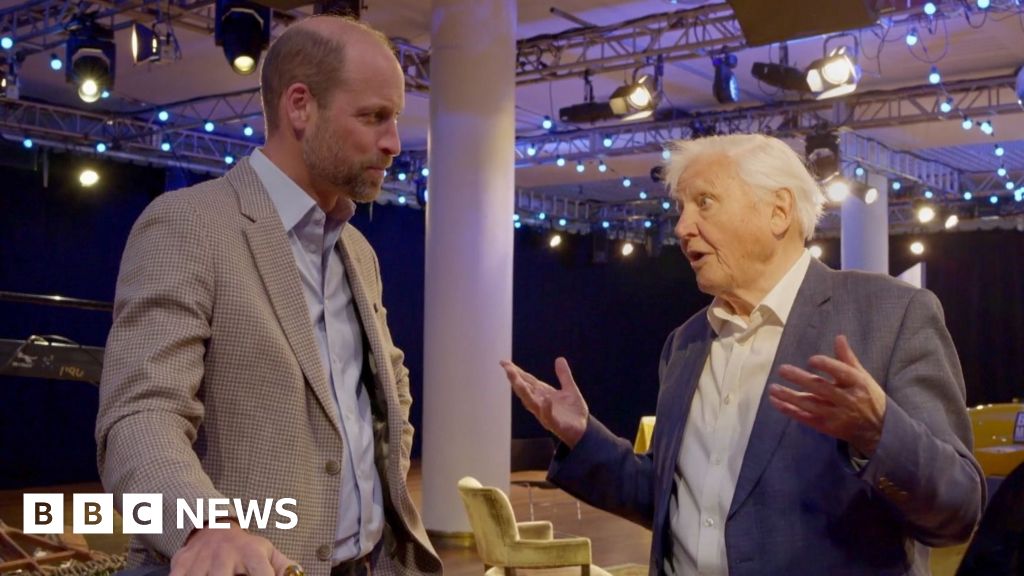ARTICLE AD BOX
By Pallab Ghosh
Science correspondent
 Image source, RSC/Grace Odunlade
Image source, RSC/Grace Odunlade
Grace Odunlade hopes the scheme will enable her to have the network in industry that many of her fellow white students already seem to have
Leading firms have begun a scheme to help black and minority ethnic students get jobs as chemistry researchers.
The initiative follows an investigation which found that racism was "pervasive" in chemistry research.
There is just one black chemistry professor in the UK and black people in the field are less well paid and less likely to get promotions.
The initiative, called Broadening Horizons, is led by the Royal Society of Chemistry.
Its chief executive, Dr Helen Pain, said the aim was to make a "step change" in getting black people in particular to pursue a career in science.
The RSC's investigation, published in March, found that racism was ''pervasive'' in the chemical sciences and talented students and early stage researchers were leaving the profession at every stage of their career.
Image source, RSC/Victor Ifeanyi
Image caption,Victor Ifeanyi has applied for 15 jobs in the chemical science industry - none have been successful
In an investigation, it found that in chemistry, minority ethnic researchers are less likely to get grant funding or promotions and are paid significantly less.
In 2019/20 the average grant for a minority ethnic chemical sciences researcher was £320,000, compared with £355,000 for white colleagues.
The RSC investigation went beyond the situation in chemical sciences.
It also highlighted that 37% of FTSE 100 companies have no representation of minority ethnicities on their board, despite a target set by an independent review, also in 2016, to have one director from a minority ethnic background on every board by 2021.
The report "shocked" a number of chemistry-led industries into action, according to Dr Pain.
"It spurred them to bring the community of chemical scientists together and act in a way that can actually make a difference."
Several firms are working with the RSC to provide black and minority ethnic students studying in the UK and the Republic of Ireland with mentoring, industrial experience and the opportunity to apply for internships over three years.
Among them are RSSL, Syngenta, Unilever, GSK, Nanopore Technologies, AM Technologies, Astra Zeneca, Johnson Matthey and BASF.
Image source, Andrew Marlow Hallsworth
Image caption,Robert Mokaya is the UK's only black chemistry professor. His applications for research grants to the country's main funding body have all been turned down.
Grace Odunlade is among 94 students who are about to begin the scheme. She is a third year undergraduate studying medicinal chemistry at Trinity College, Dublin. Her parents came to Dublin from Nigeria when she was two. She believes the scheme will be a big help in getting a career in chemistry.
"I am a first-generation immigrant's child, so my parents didn't have the network that many people in my course have.
"Over the summer, some people were talking about internships they had obtained and how they had got them through family friends. I can't say the same because of my background."
Victor Ezeajughu came from Nigeria to study a masters degree in pharmaceutical science at Robert Gordon University in Aberdeen, and has been applying for jobs in the UK.
So far he has applied for 15 jobs. None have been successful.
"Various organisations say they are for diversity and equal opportunities, but that is only talk. None of them actually do," he told BBC news.
But he feels that the Broadening Horizons scheme will make a difference to his job prospects.
"It brings me closer to the organisations that I'd really love to work with, such as GSK and AstraZeneca.
"I am going to see the board of directors and the main brains in these companies one-on-one, and I am going to be able to communicate with them and express myself."
Ijeoma Uchegbu, who is the co-founder of the pharmaceutical company Nanomerics and a professor at UCL, has been one of the driving forces behind the initiative.
She believes that increasing diversity in chemistry is not only fair but makes economic sense.
"It is not so much about social justice. But about getting the best quality outputs for your business. You can't know your customer if the personnel in the company are of one type.
"There is a lot of evidence to show that if you have ethnic minority leadership, you are more profitable."
That is a view backed by Unilever's Global Vice President for skincare research, Jason Harcup.
"We see a disproportionate loss of talent, especially in leadership positions, and that is a loss to the economy," he said.
"The springboard into those positions is experience, and that is what the Broadening Horizons Programme offers."
Related Internet Links
The BBC is not responsible for the content of external sites.

 2 years ago
49
2 years ago
49








 English (US) ·
English (US) ·